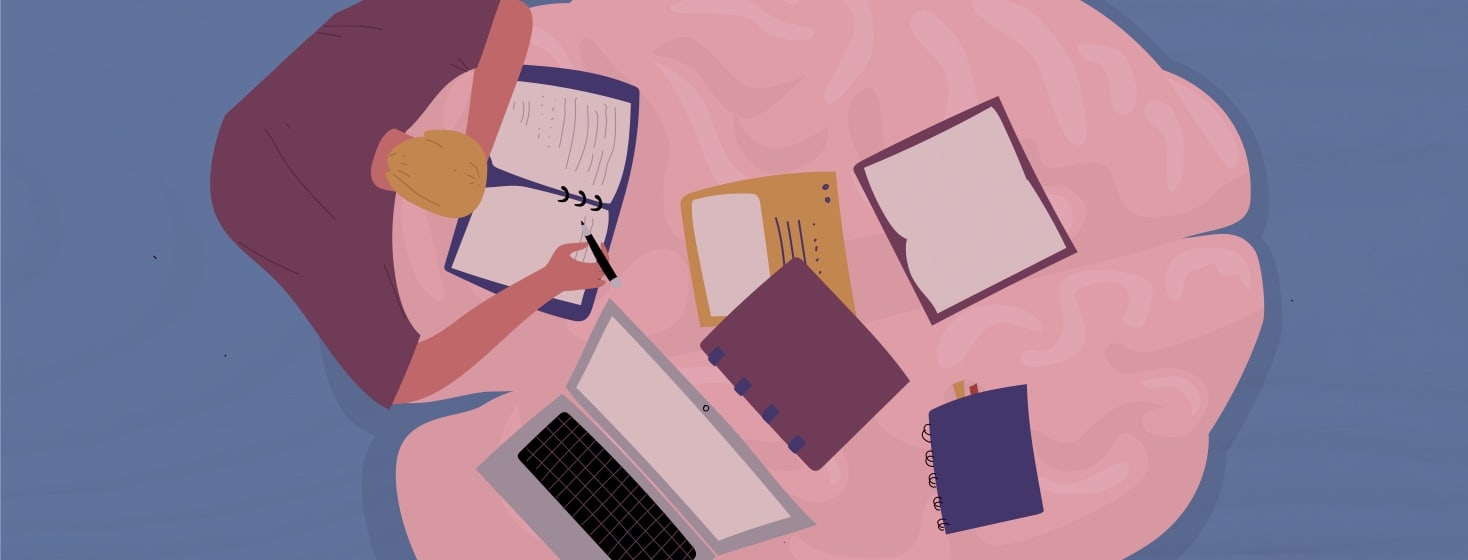7 Tips for Navigating College with Depression
College can be overwhelming, especially when you are prone to experiencing depression. Adults are returning to college at all ages these days. So, you may find these tips helpful no matter how old you are. As a pre-counseling major, I have followed all seven of these strategies and am happy to share them with others living with depression who may be struggling in their college experience.
1.Stay Organized
I have found it helpful to purchase a yearly organizer to keep track of assignments as well as organize notes. Psychotropic medications such as antidepressants can make it harder to concentrate, so a pocket-size organizer will come in handy especially during a depressive episode.
2. Academic Accommodations
Ask your academic advisor about disability services. Honestly, I hesitated about doing this when I was a new student. However, I’ve since found that extra time on assignments and exams reduce stress. This especially helps when I am not feeling well as I struggle with chronic illness. My medications also slow down my thinking, so these accommodations allow me the time I need to do quality work. Do not feel hesitant or embarrassed to ask for accommodations, it is your right as a student with a “disability”.
3. Get Social (Responsibly)
I encourage you to join a club, if you can. I belong to three clubs. This enables me to interact with my fellow students and it prevents isolation. I believe social connection is crucial, especially with likeminded people. For instance, I am a psychology major and I joined a psychology club. We have interesting guest speakers once a month and we network with each other. Being social with other students or friends can provide an outlet for those times when depression sets in.
4. Establish a Healthy Routine
Do not skip meals. Eat a well-balanced breakfast. Get plenty of sleep. You should also schedule moments of relaxation time away from your studies.
5. No “All-Nighters”
I have personal experience with this one as well. When I say “all nighters”, I mean all night study sessions. I’ve learnt that these simply are not healthy. This is especially true if you have a mood disorder. Those of us with mood disorders need to be especially mindful of getting plenty of sleep. A sleepless night can trigger an episode, particularly if it involves a stressful event such as cramming your brain for an exam. For instance, doing this can trigger a manic episode if you have bipolar disorder, which could have serious consequences. If you have depression, you may end up depleting your energy. I’ve done multiple all-nighters and none turned out well. Just don’t do it.
6. Have an Emergency Plan
College can be a stressful time, even more so if you have depression. It is helpful to have an emergency plan in place. Heaven forbid, if you require emergency services know your campus’s policy if you need to temporarily leave college to care for your mental health. This can be frustrating, but necessary until you can manage your depression. If this happens, notify your academic advisor and go from there. Have the same amount of empathy for yourself as you would have for a friend in the same position. You are your best advocate.
7. Celebrate Successes
Lastly, always celebrate your successes. I’ve been in college long enough to know how important this is. Did you receive a passing grade in a challenging course? Treat yourself to something nice (but healthy). Did you do your best? Again, celebrate your wins. It may sound cheesy, but I believe in positive reinforcement.
Colleges and universities have high expectations for their students. Stay confident. Remember, you’ve got this. The college experience can be overwhelming, but also exciting and fulfilling. Cheers, to your academic success!
